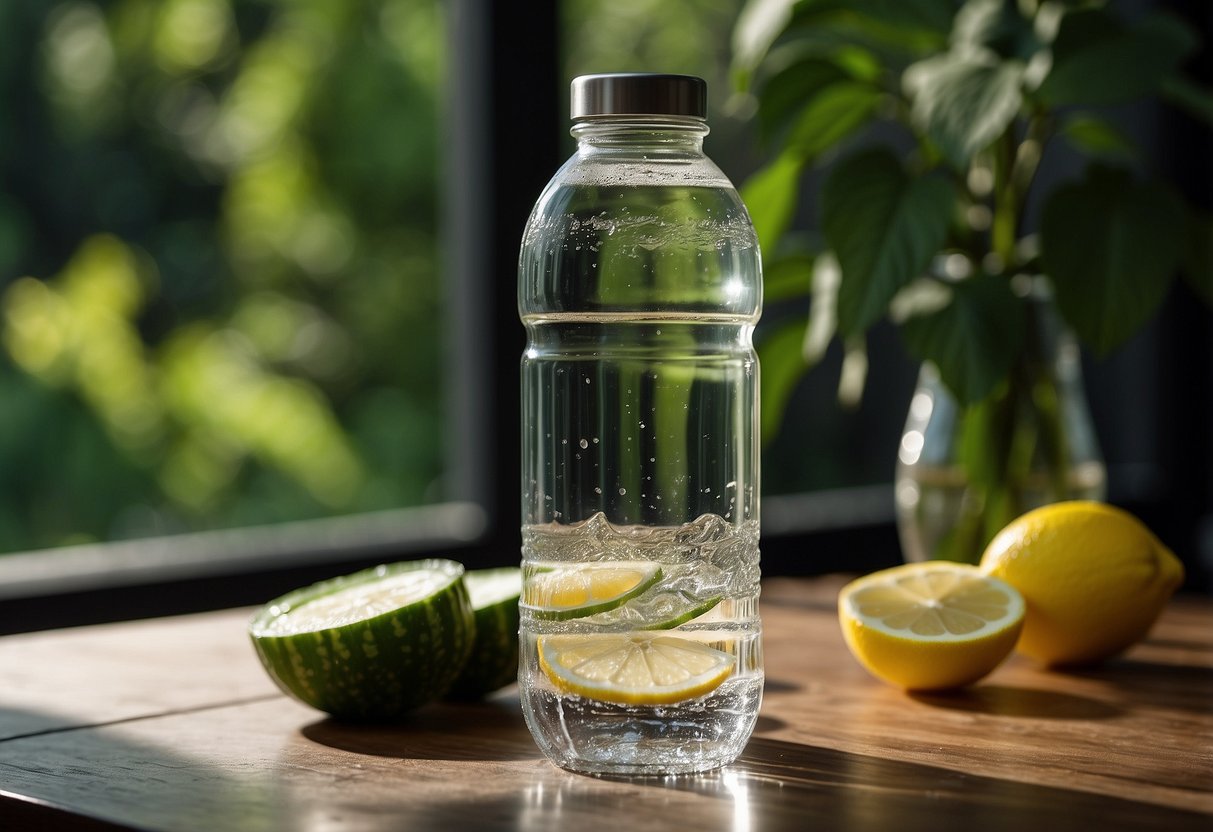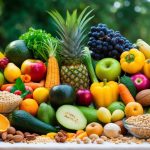
Specific Health Conditions and Hydration Needs
Hydration requirements can vary significantly for those with certain health conditions and for the elderly. It’s essential to understand these nuances to maintain optimal health.
Hydration Strategies for the Elderly and Those with Medical Conditions
Older adults often have diminished thirst perception, making them more susceptible to dehydration. It is important to ensure they consume fluids regularly, even if they do not feel thirsty. Medical conditions such as diabetes and hypertension can further complicate hydration needs.
Drinking water throughout the day rather than large amounts at once can be beneficial. Medical conditions can affect the body’s ability to retain fluids, requiring more careful monitoring of intake. For those with heart conditions, moderation is key to avoiding fluid overload.
Hydration Considerations in Kidney Health
Those with kidney conditions like chronic kidney disease (CKD) must be especially vigilant about hydration. Proper hydration is critical for kidney function but must be balanced to avoid overloading the kidneys. People with kidney stones or a history of urinary tract infections should prioritize water intake to help prevent stone formation and UTIs.
For individuals with these conditions, reducing intake of certain fluids like those high in sodium or oxalates may be advised. A healthcare provider can offer personalized guidance on the appropriate amount and type of fluids for those with specific kidney health issues.
Nutrition and Hydration: Food as a Source of Water
While drinking water is essential, obtaining hydration from the food you consume can play a significant role. Many fruits and vegetables are high in water content and also provide essential nutrients and health benefits.
The Water Content of Fruits and Vegetables
Many fruits and vegetables contain a high percentage of water, contributing significantly to daily hydration needs. Cucumbers and lettuce, for example, consist of over 95% water. Watermelons and strawberries are also excellent choices, containing about 90-92% water. These foods not only help keep the body hydrated but also supply vital vitamins and minerals.
Additionally, the consumption of these water-rich foods can help regulate body temperature and support digestion. Including a variety of these fruits and vegetables in the diet can enhance hydration levels, contributing to overall health and well-being.
Hydrating Foods and Their Benefits
Hydrating foods offer more than just moisture; they come packed with nutrients that support overall health. Oranges and pineapples, for example, are rich in Vitamin C, which boosts the immune system. Spinach and other leafy greens provide essential minerals such as potassium and magnesium, aiding in muscle function and fluid balance.
These foods are also generally low in calories, making them suitable for weight management. The fiber content in fruits and vegetables helps with digestive health, promoting better absorption of nutrients. Consuming a variety of hydrating foods can thus assist in maintaining energy levels and preventing dehydration.
Drinks That Affect Hydration Levels
Choosing the right drinks is key to maintaining proper hydration. Some beverages support hydration, while others can lead to dehydration.
The Hydrating and Dehydrating Effects of Beverages
Water is the most effective drink for hydrating the body. It provides the necessary fluids without adding calories or sugar. Conversely, drinks like alcohol, soda, and many energy drinks can contribute to dehydration due to their high sugar and diuretic properties.
Sports drinks can also be beneficial, particularly in replenishing electrolytes after intense physical activity. Moreover, while they contain sugars and salts, the balance of these elements helps maintain hydration levels during and after exercise.
Caffeinated Drinks and Their Impact on Body Fluids
Caffeinated drinks such as coffee and tea have a diuretic effect, which may lead to increased urine production and potential fluid loss. While moderate consumption of these beverages can be part of a healthy diet, excessive intake can interfere with hydration due to their caffeine content.
Despite their diuretic properties, moderate amounts of tea and coffee can still contribute to daily fluid intake. The hydrating aspects of these beverages can balance out their mild diuretic effect, particularly when consumed in moderation.
Paying attention to the types and amounts of beverages consumed is crucial for maintaining optimal hydration. Choosing water as the primary source of fluids, complemented by other hydrating drinks in moderation, supports overall health and well-being.



